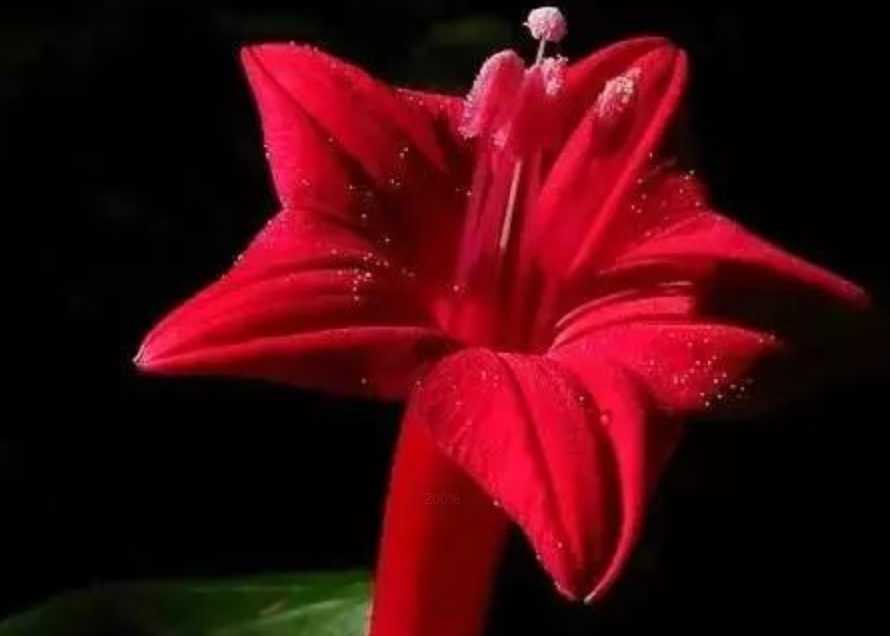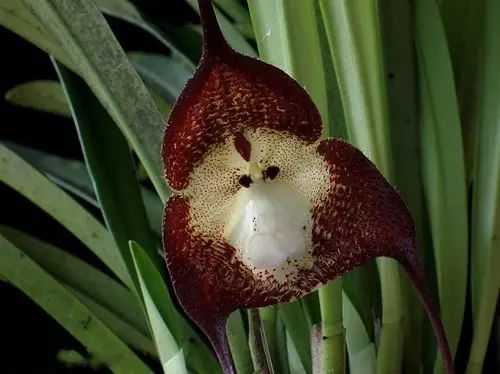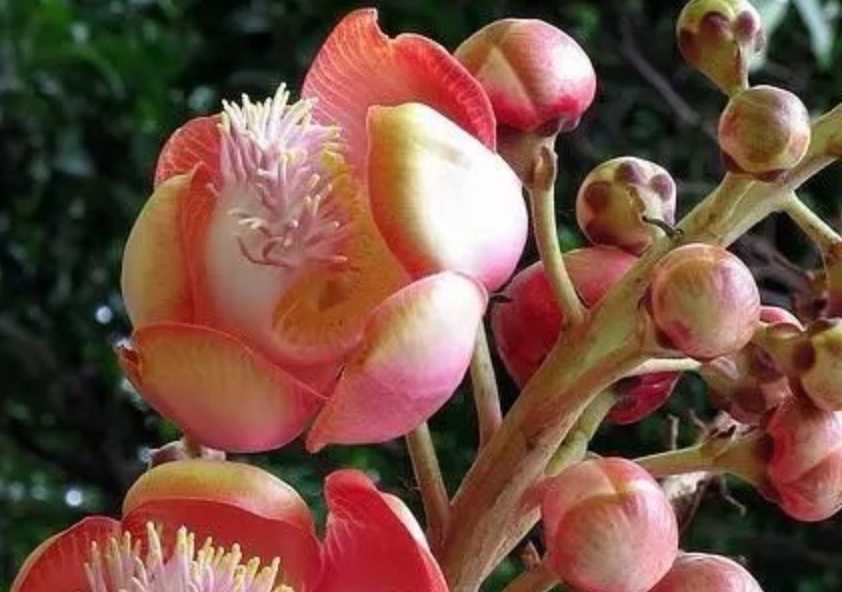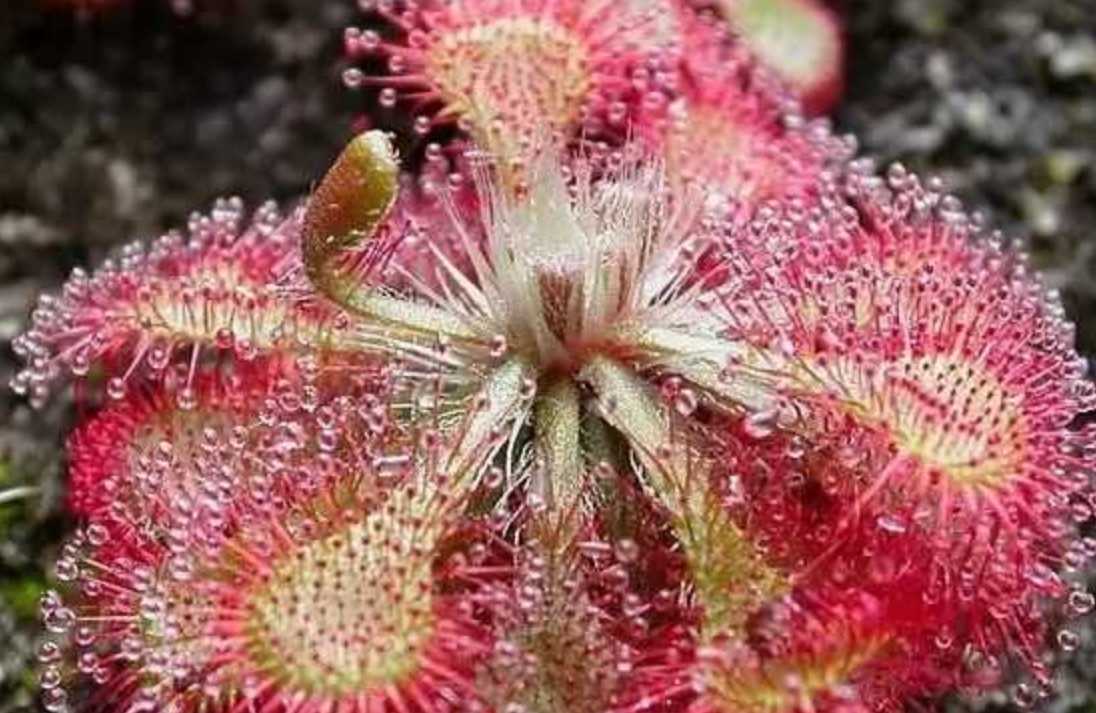Featured Plants
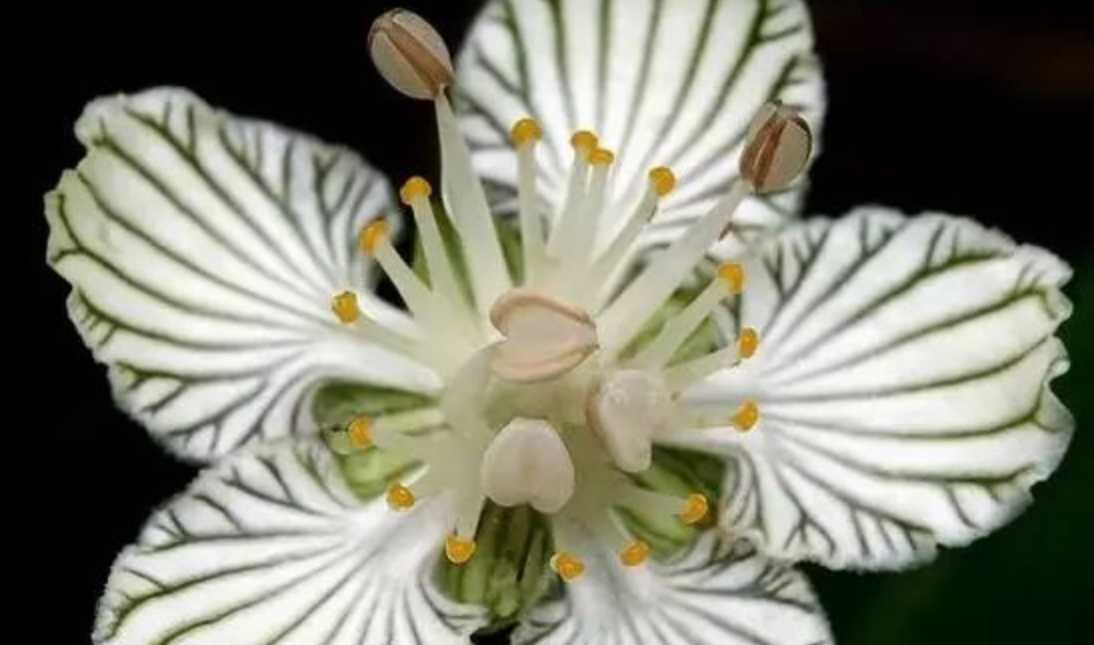
Delicate Parnassia asarifolia: A Hidden Gem of Alpine Flora
Parnassia asarifolia, commonly known as narrow-leaved grass-of-Parnassus, is a charming and delicate plant native to the mountainous regions of Asia. This herbaceous perennial has long intrigued botanists and nature enthusiasts with its unique morphology and ecological adaptations, standing out as a distinctive member of the Parnassiaceae family.
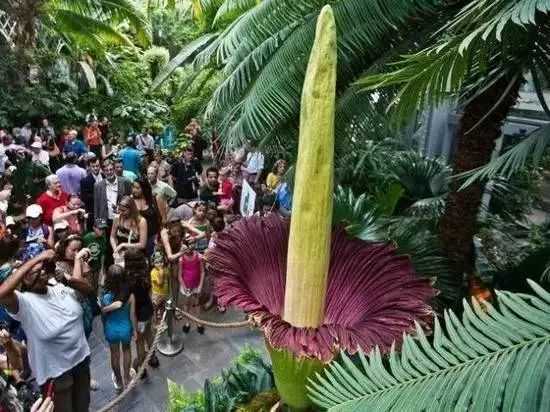
Titan Arum: The Enigmatic Giant of the Plant World
The Titan Arum, scientifically known as Amorphophallus titanum, is a plant that never fails to captivate the world with its extraordinary features. Native to the rainforests of Sumatra, Indonesia, this botanical wonder has become a symbol of nature's most astonishing creations.
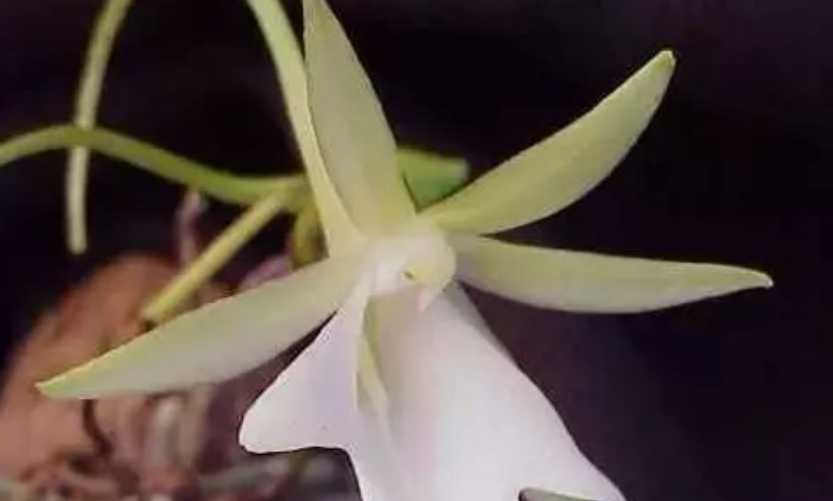
Mysterious Ghost Orchid: A Rare Botanical Wonder
The Ghost Orchid, scientifically known as Dendrophylax lindenii, is a plant that has captured the imagination of people around the world with its unique and ethereal appearance. This rare orchid is native to the humid regions of Florida in the United States, as well as Cuba and the Bahamas.
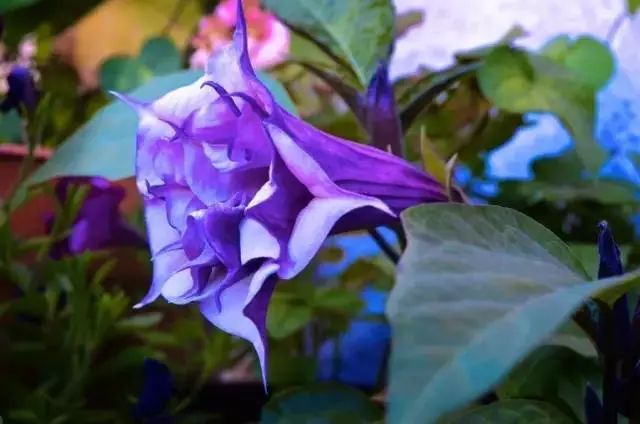
Alluring and Potentially Perilous Datura
Datura, a genus of flowering plants within the Solanaceae family, has long fascinated and alarmed people worldwide. Native to the Americas, these plants have spread across the globe, captivating with their striking appearance while concealing a dangerous secret—all parts of the plant contain toxic alkaloids.
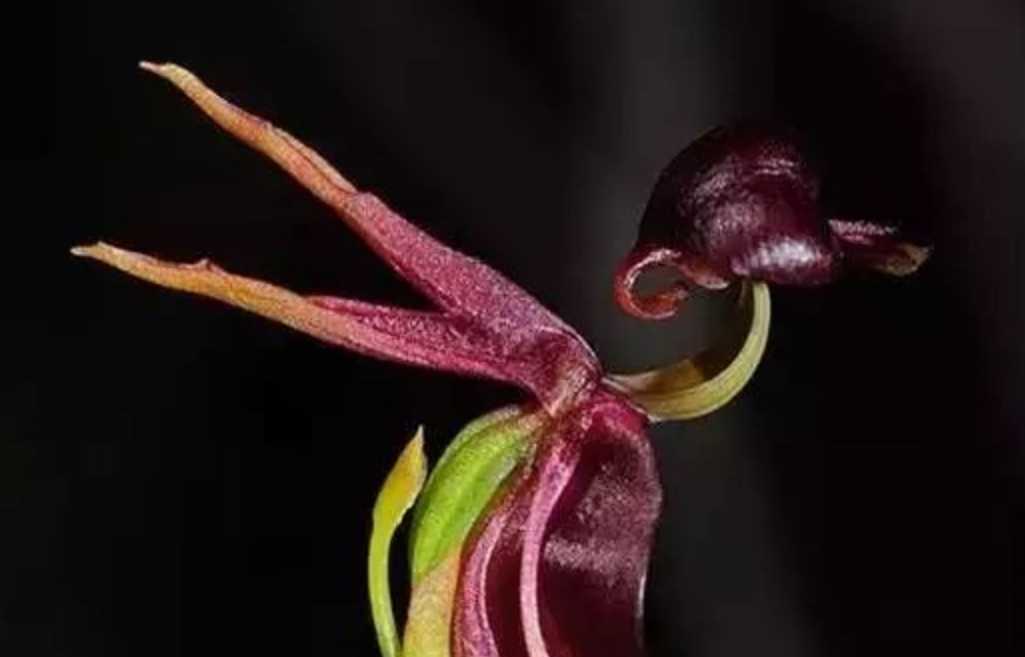
Fascinating Duck Orchid: Nature's Avian-inspired Wonder
The Duck Orchid (Caleana major), a remarkable endemic plant of eastern Australia, has captivated botanists and nature enthusiasts with its uncanny resemblance to a flying duck. Found in subtropical rainforests and eucalyptus woodlands from Queensland to Victoria, this orchid thrives in nutrient-poor soils, relying on a unique symbiotic relationship with fungi for survival. Its scientific name honors George Caley, an 18th-century botanist who first documented Australia’s diverse flora.
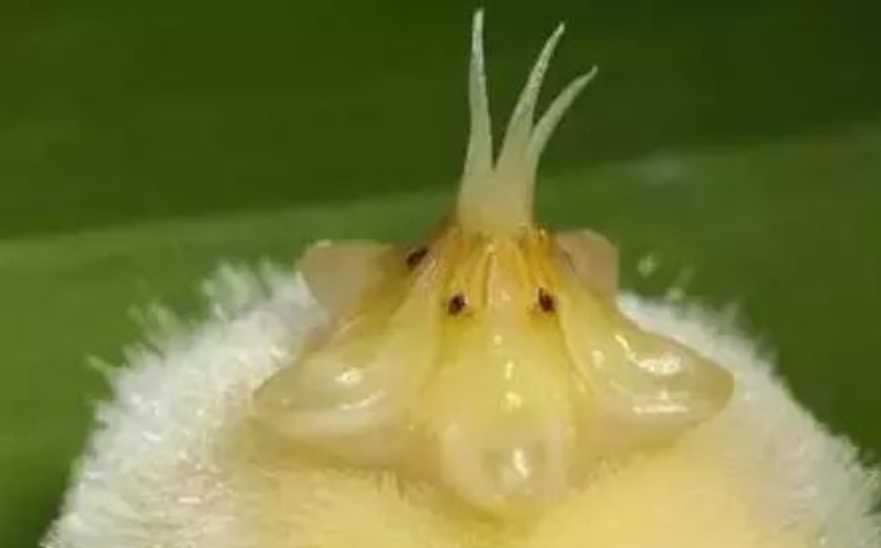
The Majestic King Flower: Nature's Colossal Botanical Marvel
The King Flower, scientifically known as Rafflesia arnoldii, stands as a testament to nature’s extraordinary creativity. Native to the rainforests of Sumatra and Borneo, this rare plant is renowned for bearing the world’s largest individual flower, captivating botanists and adventurers alike with its colossal size and unique life cycle.
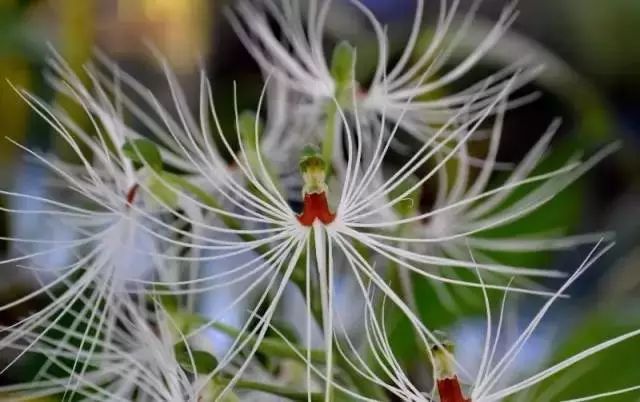
Mysterious Habenaria medusa: A Botanical Marvel Resembling Mythical Locks
In the heart of the lush Southeast Asian rainforests, a plant of otherworldly beauty lies in wait, captivating all who encounter it. The Habenaria medusa, a member of the Orchidaceae family, has earned its name from the Greek mythological figure Medusa, whose hair was made of writhing snakes. This terrestrial orchid is a true wonder of nature, with its petals unfurling into sinuous, snake - like tendrils that seem to dance in the breeze.
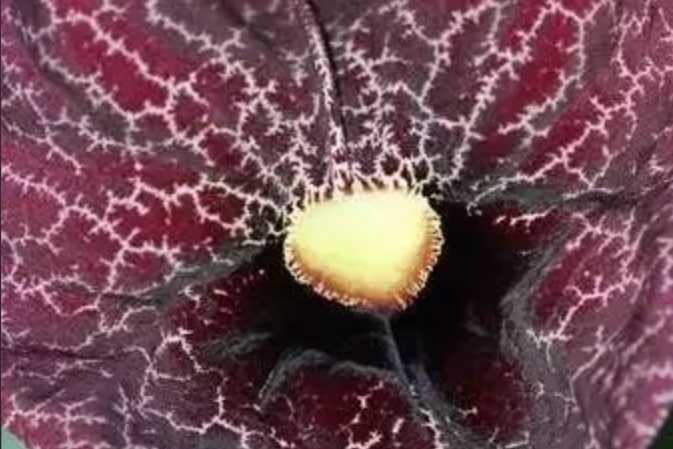
The Enigmatic Aristolochia: Nature's Architectural Wonder in Bloom
Aristolochia, commonly known as birthwort or pipevine, is a genus of perennial plants celebrated for their uniquely structured flowers that resemble intricate ceramic pipes or whimsical trumpets. Native to temperate and tropical regions across the globe, these climbing or trailing vines have fascinated botanists and gardeners for centuries with their architectural blooms and ecological significance.
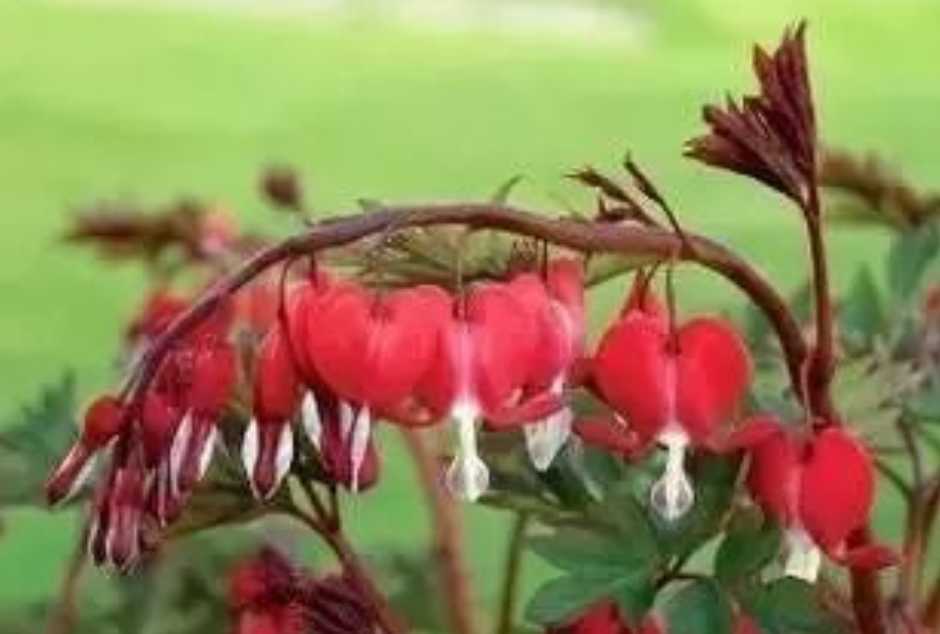
Vibrant Dutch Peonies: A Floral Legacy of Horticultural Excellence
Dutch peonies (Paeonia lactiflora hybrids) have long reigned as symbols of horticultural mastery, blending centuries - old breeding traditions with modern innovation. Native to China but perfected in the Netherlands’ nutrient - rich loams, these perennials dominate global markets, gracing gardens, bouquets, and cultural events with their opulent blooms.
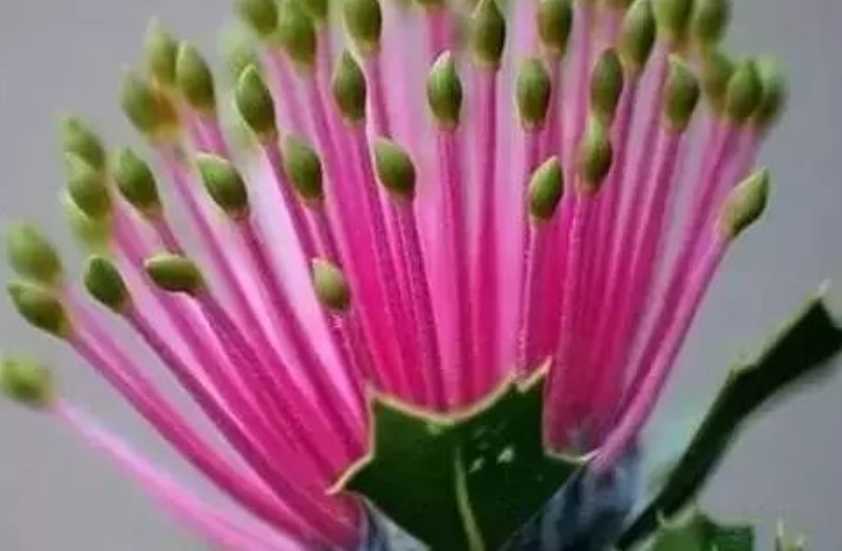
The Alluring Banksia: Australia's Botanical Marvel
In the vast and diverse landscapes of Australia, the Banksia plant stands out as a remarkable and iconic part of the continent's flora. With its unique appearance and important ecological role, the Banksia has captured the attention of botanists, nature enthusiasts, and gardeners worldwide.
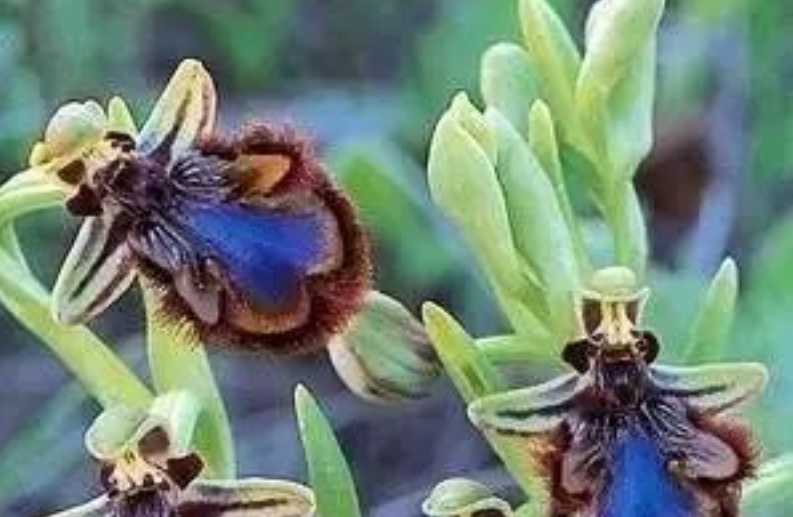
The Ingenious Deceiver: The Intriguing World of the Ophrys speculum
In the diverse tapestry of the plant kingdom, the Ophrys speculum, commonly known as the Hornet Orchid, stands out as a remarkable example of nature's ingenuity. This small yet captivating orchid has evolved a unique and rather devious strategy to ensure its survival and reproduction, making it a subject of great fascination among botanists and nature enthusiasts alike.
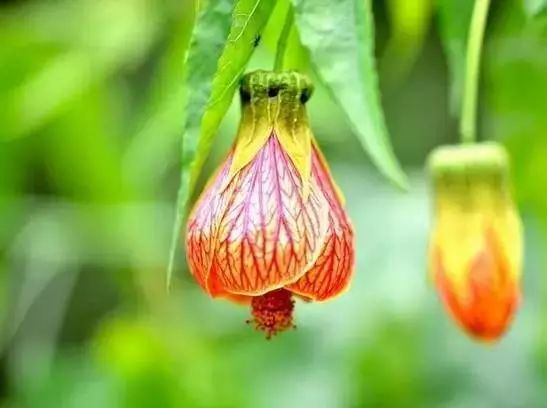
The Mesmerizing and Graceful Drooping Lily: A Floral Delight
In the diverse world of flora, the Drooping Lily, also known as Hibiscus schizopetalus, stands out as a captivating and exotic plant that has charmed gardeners and nature enthusiasts alike.
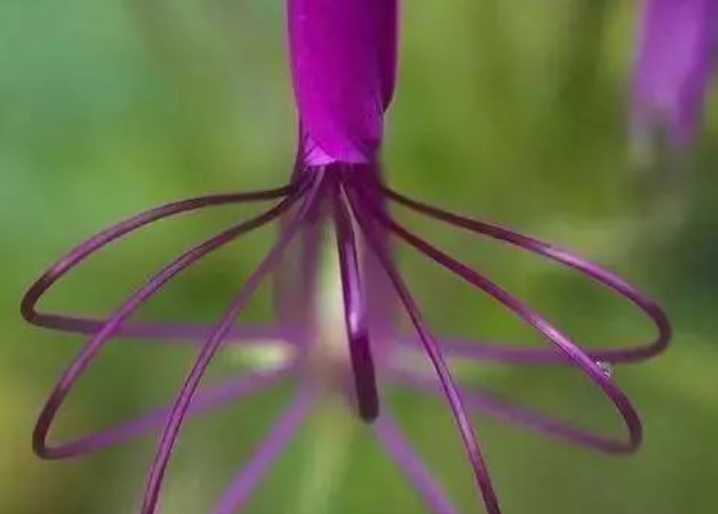
The Alluring Purple Spider Flower: A Botanical Marvel
The purple spider flower, a captivating plant that has been enchanting nature enthusiasts and gardeners alike, showcases a unique blend of beauty and intrigue. This flower is known for its distinct appearance that bears a resemblance to a spider, from which it derives its common name.
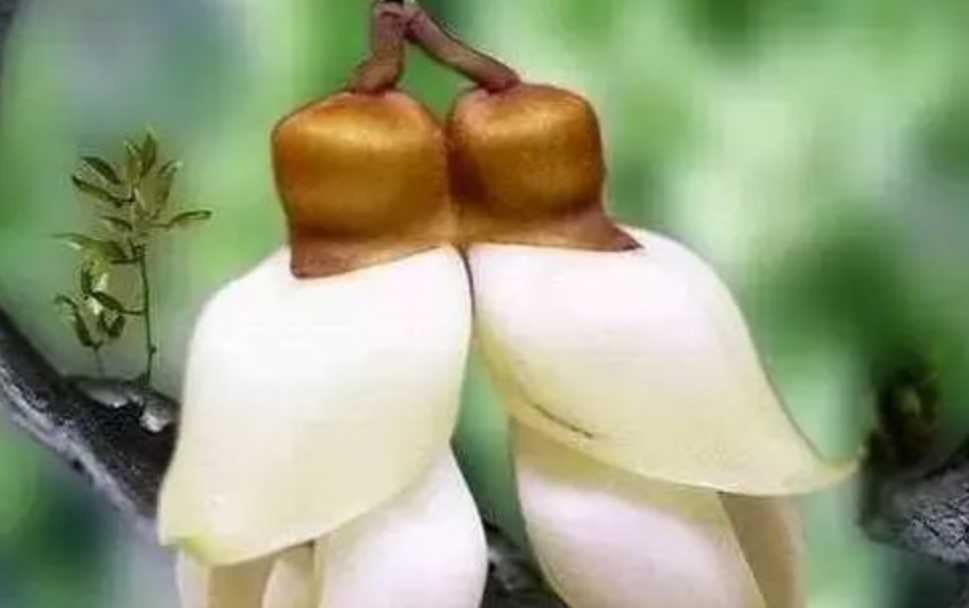
The Enchanting Zhuque Flowers: Nature's Winged Wonders
In the realm of botanical marvels, Zhuque flowers, scientifically known as Mucuna birdwoodiana, stand out with their extraordinary charm. These unique blossoms are celebrated for their uncanny resemblance to little sparrows, as if a flock has alighted on the vines, ready to take flight at any moment.
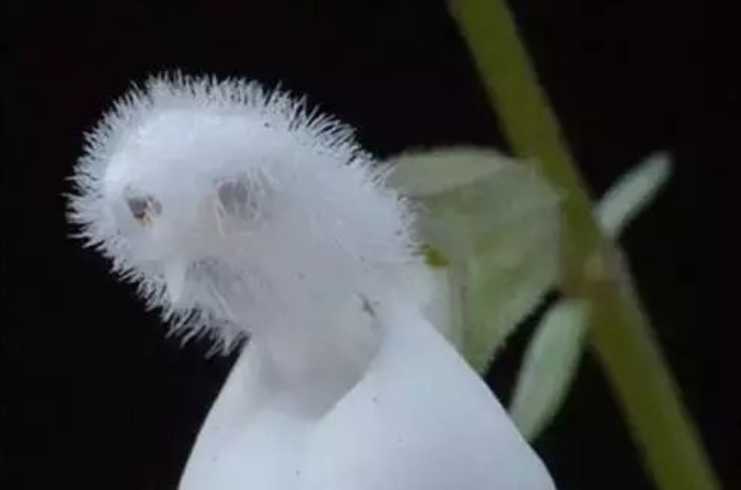
The Mysterious Casper Ghost Flower
The Casper Ghost Flower, also known as the Ghost Plant or Monotropa uniflora, is a unique and captivating plant that has long intrigued botanists and nature enthusiasts alike.
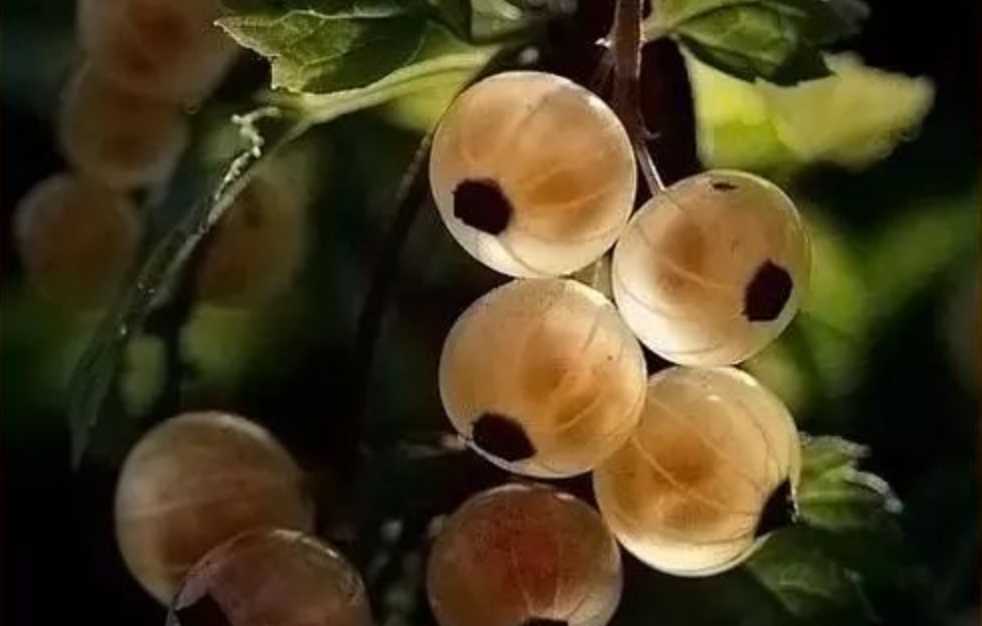
The Enchanting Gooseberry: A Tart Treasure of the Botanical World
The gooseberry (Ribes uva - crispa), a deciduous shrub native to Europe, northwestern Africa, and western Asia, has delighted gardeners and food enthusiasts for centuries with its unique fruits and ornamental appeal. Thriving in temperate climates, this hardy plant adapts to diverse soils, from fertile loams to rocky terrains, making it a versatile addition to orchards and landscapes.
